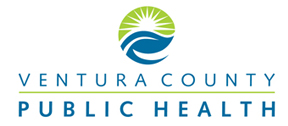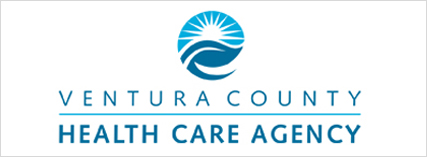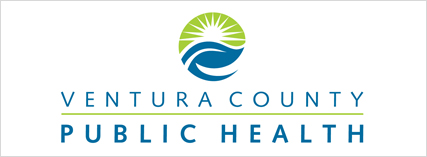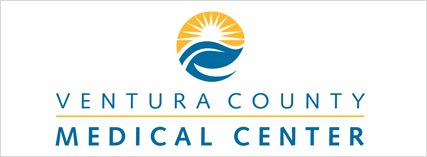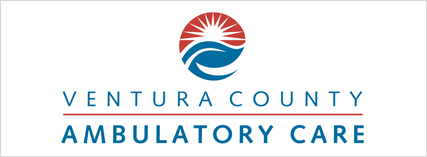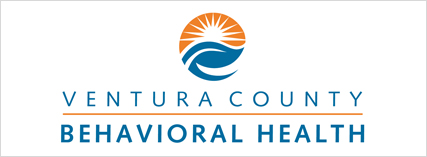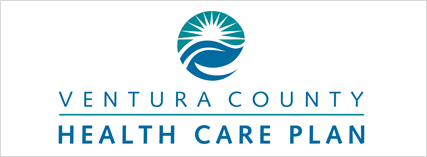About WIC
Background
Part of the nation’s nutrition safety net for over 50 years, WIC now serves more than 8 million pregnant and post-partum women, infants, and children in the US. For a family to participate, it must have a gross income of no more than 185 percent of the federal poverty level and be at nutritional risk. To simplify program administration, an applicant who already receives SNAP (formerly food stamps), Medicaid, or Temporary Assistance for Needy Families cash assistance is automatically considered income-eligible.
Extensive research has found WIC to be a cost-effective investment that improves the nutrition and health of low-income families — leading to healthier infants, more nutritious diets, better health care for children, and subsequently higher academic achievement for students. As a result of the research documenting WIC’s effectiveness, Administrations and Congresses of both parties have provided sufficient funding since 1997 to ensure that WIC can serve all eligible low-income pregnant women, infants, and young children who apply for it.
Goals
WIC provides federally-funded temporary assistance for Women who are pregnant, breastfeeding, or have recently had a baby and Infants and Children under five years of age.
Mission
To provide women, infants, and children with healthy food and the knowledge and opportunity to make healthy choices in an atmosphere of dignity and respect, thus enhancing the potential for all Californians to enjoy a higher quality of life.
Contact Information
Laura Flores, RD, CLEC
Program Director
